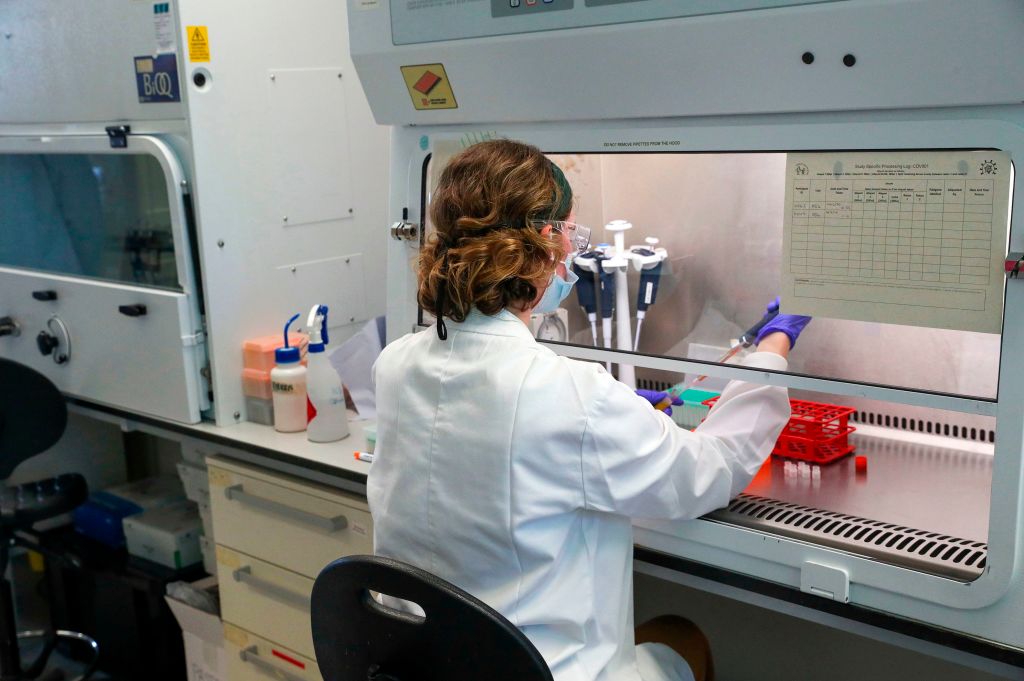Oxford's coronavirus vaccine candidate is safe and induces immune response, study shows


A free daily email with the biggest news stories of the day – and the best features from TheWeek.com
You are now subscribed
Your newsletter sign-up was successful
Not long after Moderna unveiled promising early results for its coronavirus vaccine candidate, the University of Oxford and AstraZeneca have released more hopeful news.
A study published Monday in The Lancet found Oxford's vaccine candidate to be safe, albeit with some mild side effects like fatigue and headaches that were reduced with pain relief medicine. The injection also led to a dual immune reaction to the coronavirus. Patients in the trial involving 1,077 people produced both neutralizing antibodies and the less-frequently discussed T-Cells, a type of white blood cell that helps coordinate the body's immune system and destroys infected cells. "We're stimulating both arms of the immune system," said Adrian Hill, the head of Oxford's Jenner Institute.
T-Cell and antibody levels peaked at 14 and 28 days after vaccination, respectively, but the study did not run long enough to get a sense of long-term immunity. Antibody levels remained high until 56 days after vaccination and the response was boosted by a second dose.
The Week
Escape your echo chamber. Get the facts behind the news, plus analysis from multiple perspectives.

Sign up for The Week's Free Newsletters
From our morning news briefing to a weekly Good News Newsletter, get the best of The Week delivered directly to your inbox.
From our morning news briefing to a weekly Good News Newsletter, get the best of The Week delivered directly to your inbox.
While Oxford's team is pleased with the results, and the vaccine appears to be safe, it's still early in the process. More trials will need to be done to ensure safety and prove that the immune responses reach levels necessary to fight off the virus. Read the full results study at The Lancet.
A free daily email with the biggest news stories of the day – and the best features from TheWeek.com
Tim is a staff writer at The Week and has contributed to Bedford and Bowery and The New York Transatlantic. He is a graduate of Occidental College and NYU's journalism school. Tim enjoys writing about baseball, Europe, and extinct megafauna. He lives in New York City.
